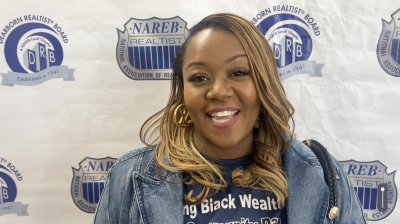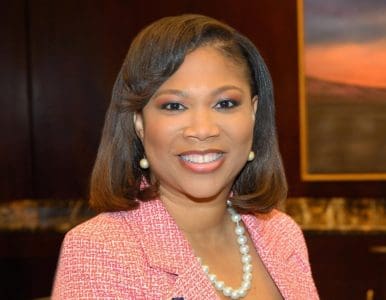Homeownership is often touted as a cornerstone of the American Dream, a path to wealth creation and financial stability. Yet, this dream remains frustratingly out of reach for many Black Americans. The gap in homeownership rates between Black and white households stands at a staggering 30 percent, reflecting a long history of discriminatory practices and systemic barriers that have prevented Black families from accumulating wealth through property ownership.
But who exactly benefits from this lack of Black real estate ownership? While it may seem counterintuitive, the answer is not always straightforward. While some benefit directly, others profit indirectly from the system’s inequities. Let’s delve deeper into the complex web of beneficiaries and explore the consequences of this persistent disparity.
Direct Beneficiaries:
- Predatory Lenders and Unscrupulous Investors: Historically, Black communities have been targeted by predatory lenders who offer unfair loan terms, high interest rates, and deceptive practices. These practices lead to higher rates of foreclosures and loan defaults, enriching lenders at the expense of Black homeowners. Additionally, unscrupulous investors exploit these same disparities, buying distressed properties in Black neighborhoods at low prices and often displacing longtime residents through gentrification.
- Real Estate Industry Gatekeepers: Implicit and explicit biases within the real estate industry can limit access to fair housing opportunities for Black families. From discriminatory appraisals to steering practices, these gatekeepers restrict entry into the market, perpetuating the ownership gap and benefiting from the limited competition.
- Landlords and Property Management Companies: When homeownership is less attainable, Black families are forced to rent, often at higher rates and in subpar conditions. This creates a sustained customer base for landlords and property management companies, who profit from the limited housing options available to Black renters.
Indirect Beneficiaries:
- The Mortgage and Insurance Industries: When fewer Black families own homes, the mortgage and insurance industries lose potential customers. However, some argue that the higher risk associated with lending to Black borrowers due to historical discrimination justifies higher rates and stricter lending standards. This creates a self-fulfilling prophecy, further excluding Black families and benefiting the industry by maintaining the status quo.
- Local Governments and Tax Bases: In some cases, local governments benefit from lower property tax revenue in predominantly Black neighborhoods with lower homeownership rates. This can result in underinvestment in public services and infrastructure, further disadvantaging residents and perpetuating the cycle of poverty.
- Society as a Whole: Though it may seem paradoxical, some argue that society as a whole benefits from the dispossession of Black wealth through limited homeownership. This stems from the belief that it maintains a low-wage workforce to fill certain jobs and fuels economic growth through cheap real estate and rental markets. However, this rationale ignores the long-term costs of social inequality and undermines the potential economic contributions of a thriving Black middle class.
Breaking the Cycle
The consequences of the lack of Black real estate ownership are far-reaching, impacting not only individuals but also entire communities and the nation as a whole. Addressing this disparity requires a multifaceted approach, including:
- Combating discriminatory practices: Enforcing fair housing laws, promoting financial literacy, and providing loan counseling services are crucial steps in dismantling discriminatory practices within the real estate industry.
- Increasing access to capital: Expanding affordable loan options and down payment assistance programs can make homeownership more attainable for Black families.
- Community development initiatives: Investing in revitalization efforts and supporting Black-owned businesses within these communities can foster economic empowerment and stability.
- Shifting societal narratives: Recognizing and challenging the underlying assumptions that perpetuate racial disparities in homeownership is essential for creating a more equitable system.
Bridging the Gap: Advancing Black Homeownership
The lack of Black real estate ownership reflects a web of interconnected beneficiaries, both direct and indirect. While some profit from the current system, the true cost falls on individuals, communities, and society as a whole. Breaking this cycle demands dismantling discriminatory practices, expanding access to capital, and fostering community development. By challenging underlying narratives and dismantling inequitable structures, we can pave the way for a more inclusive housing market.
This journey necessitates collective action, demanding commitment from policymakers, financial institutions, community leaders, and individuals alike. Ultimately, achieving a truly accessible American Dream means ensuring that homeownership, a cornerstone of wealth creation and stability, becomes a reality for all, regardless of race or background. Let’s work together to build a future where the benefits of property ownership flow equitably, empowering individuals and communities to thrive.
This story was created using AI technology.










